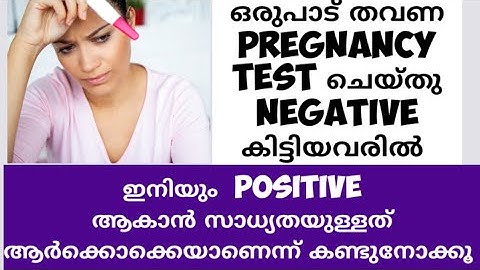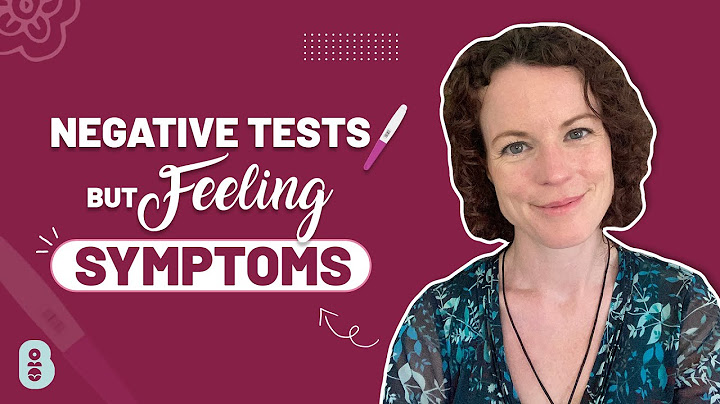 Show Updated August 04, 2022 | By: Premom Team Getting pregnant fast can be trickier than it seems. Care, testing, and patience are key. It is normal for conception to take time, even when it is carefully planned! Half of Women take about 9 Month to Get PregnantHow soon can you get pregnant after starting your trying to conceive journey? It is a questions many moms-to-be would ask. According to our studies of 3,000 women who are trying to get pregnant, under 50% have been registered as pregnant after 9 months.  If you want to get pregnant sooner, it is very important to understand how your fertility hormones correlate to each other and how they can help you get pregnant faster. Understand Three Hormone to Help You Get Pregnant Fast!1. Luteinizing hormone (LH): its surge signals that ovulation is about to happen and the egg is to be released. 2. Pregnanediol Glucuronide (PdG): it is the urine metabolite of progesterone, which released from the ovary after ovulation. PdG is usually used to confirm ovulation and stimulate the uterus to prepare for pregnancy. 3. Human chorionic gonadotropin (hCG): known as the "pregnancy hormone," its rise is the key sign of pregnancy. Tracking these hormones will allow you to understand your body, get pregnant faster, and avoid invasive fertility treatments. The charts below will show you the progression of the three hormones before and after getting pregnant.  For many fertile women, LH levels will increase and reach peak (at between 25-45 mIU/mL) 24-36 hours before ovulation and drop after ovulation. Pregnanediol Glucuronide (PdG), will increase and reach peak (at above 5ug/mL) around 5 days after ovulation. If fertilization does not occur, PdG levels will drop before the next period. Otherwise, levels remain high until the end of the pregnancy term. HCG levels will increase gradually after fertilization to a detection level (25 mIU/mL) after pregnancy and will stay high throughout. Tracking these three hormones at the right time will help you know when the best time to get pregnant is and to know when you are pregnant earlier.  Most women know that LH tests are commonly used as ovulation tests and that hCG tests are simply another name for pregnancy tests. However, many women don’t know about testing for PdG. Women can confirm ovulation by monitoring their rise in PdG with progesterone urine tests or with BBT (basal body temperature) tracking. Although LH levels will not remain high after pregnancy, note that the chemical makeup of hCG is very similar to that of LH. While pregnancy tests can tell the difference between LH and hCG, ovulation tests cannot. Therefore, an ovulation test may show a false positive result from a cross reaction if you have hCG levels that are at or above an LH test's detection sensitivity for LH at the very end of your cycle. However DO NOT use ovulation tests as a substitute for a pregnancy test. They are not designed for this tracking, and it's just as likely that raised levels after a first peak could be a second peak! Be sure to keep targeting sexual activity to any LH peaks that you have during your cycle. Also, some women may see a slight uptick in LH levels towards the end of their luteal phase, due to the mid-luteal rise in estrogen, along with progesterone levels, that help to increase the endometrial thickness. Things You Can do TodayKnowledge is power! Now that you understand the function and the importance of these three important fertility hormones, you can take charge of your fertility process. Meanwhile, you could also try our free Premom app which could visualize your hormone levels and provide you rich tips for you to get pregnant fast!  Sources: https://www.sciencedirect.com/science/article/pii/S0303720713005248 https://obgyn.onlinelibrary.wiley.com/doi/full/10.1111/aogs.12770 Can you test positive for ovulation and positive pregnancy test?While it's unlikely that you'd test with an ovulation test past peak fertility, some women claim a positive ovulation test several days after ovulation has occurred may be a sign of pregnancy. But in general, we'd stick to testing for ovulation with ovulation tests and pregnancy with pregnancy tests.
Can LH and hCG test both positive?They're so similar, in fact, that ovulation tests are sometimes unable to distinguish between them. If you have enough LH or hCG in your urine, your ovulation predictor kit may read either as a positive.
Can an ovulation test also test pregnancy?Well technically you could, but it's not recommended. Some women do use ovulation tests to check for pregnancy and it is true that when pregnant, your ovulation test may turn positive.
|

Related Posts
Advertising
LATEST NEWS
Advertising
Populer
Advertising
About

Copyright © 2024 pauex Inc.


















